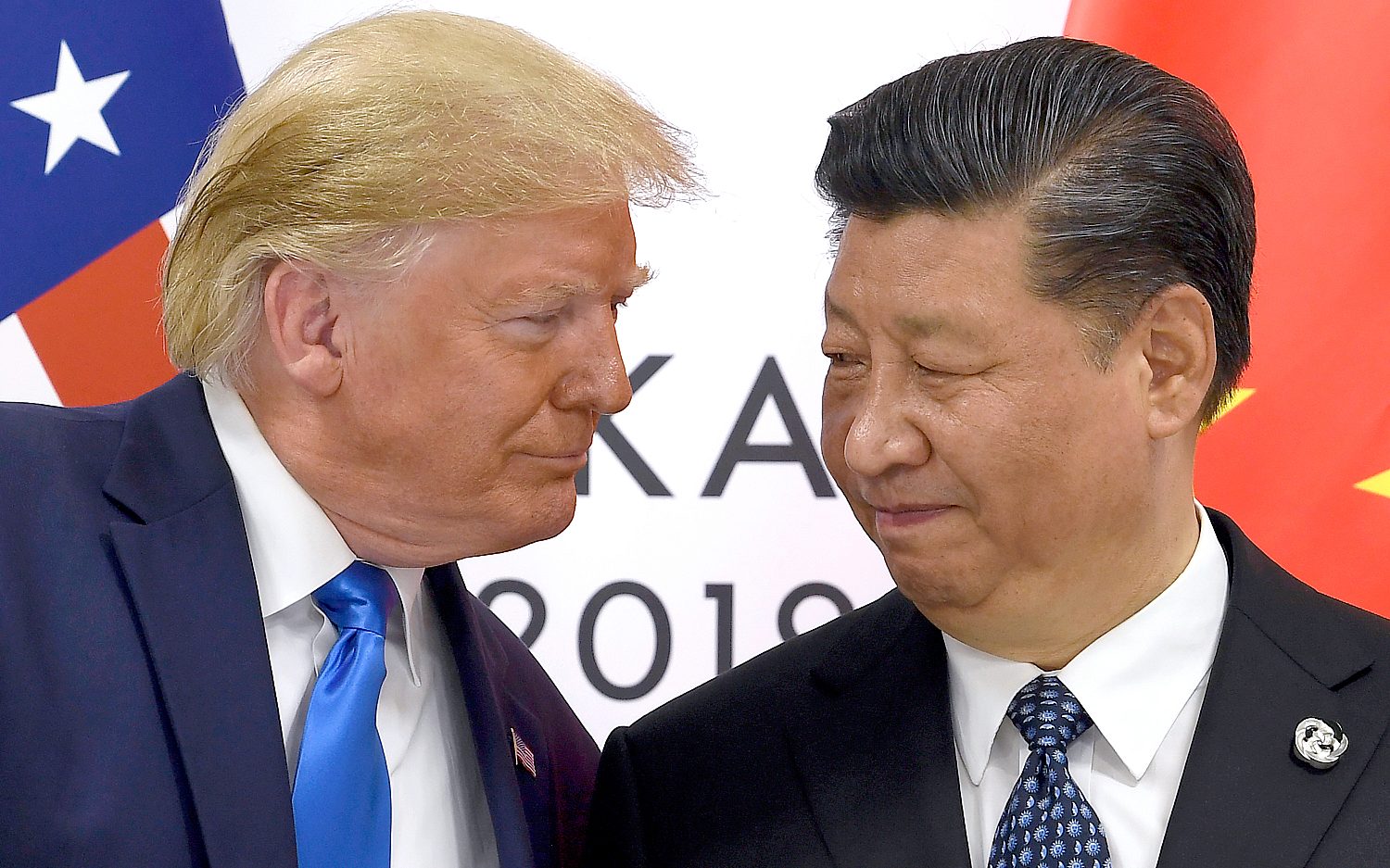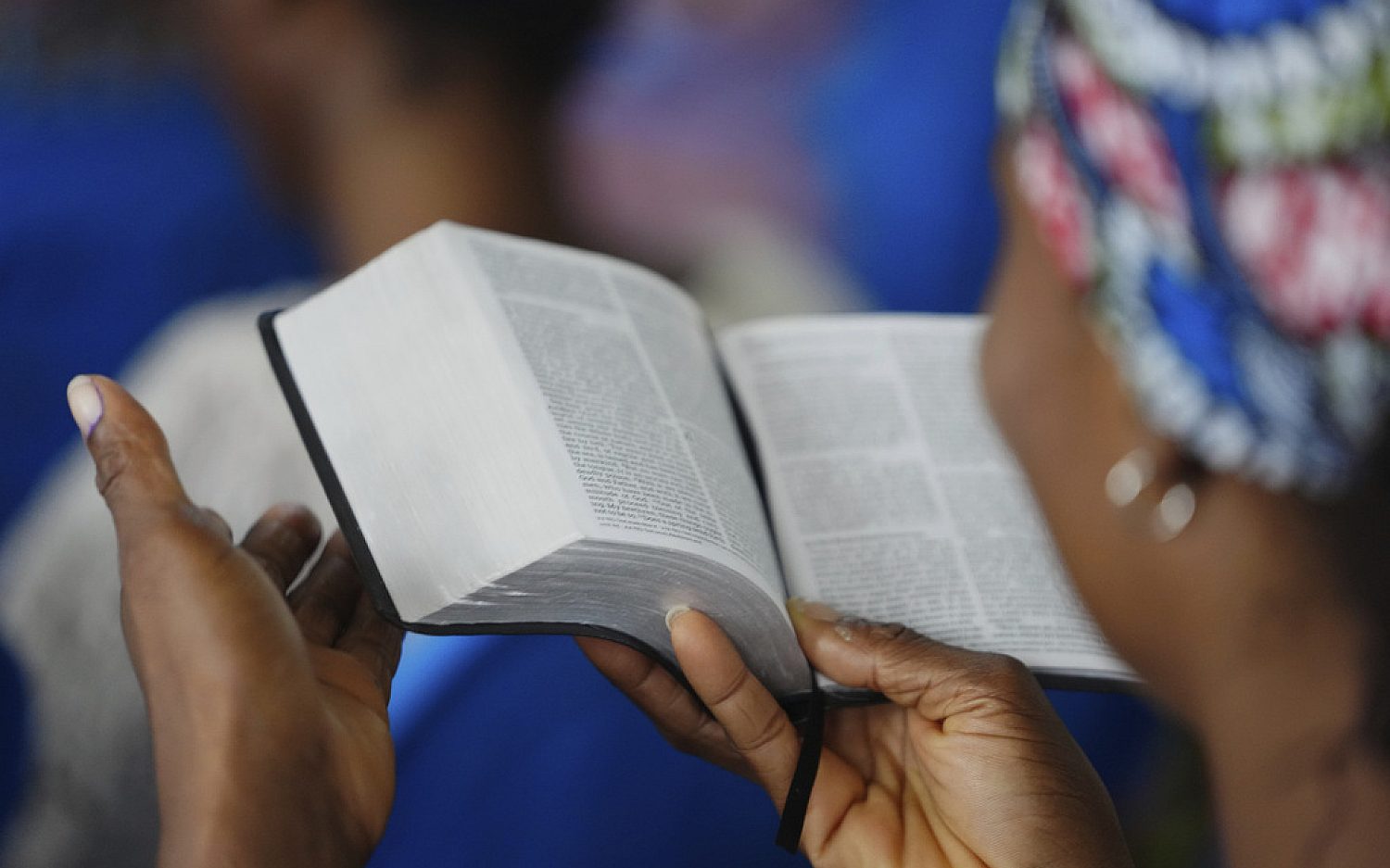One year later
The Occupy Wall Street movement has shriveled after a year, but its one theme has held on in American culture
NEW YORK—The Occupy Wall Street movement, which launched with a protest one year ago Monday, initially targeted Wall Street greed and corporate power in American life but rapidly devolved into complaints about everything: student loans, ecological destruction, the police state. Initially, protestors compared themselves to those involved in the Arab Spring movement, building a new society, but after a couple months, infighting, arrests, and a lack of organization began to drag down the new society’s inertia.
Last year some of the scenes at Lower Manhattan’s Zuccotti Park, the metaphorical town square for Occupy’s new society, invited widespread mockery: Individuals protested personal wealth while holding iPads, and the aversion to hierarchy was such that any authority, even to run meetings, came into question. And in time, the new society Occupy was trying to model became literally rat-infested. Today, the movement’s $85,000 remaining assets are frozen.
As winter set in last year, many of the Occupy encampments, which by then had spread across the country, disbanded. Police forcibly cleared Zuccotti Park of campers. In New York now, a few protestors sit on the sidewalks of Wall Street with cardboard signs and sleeping bags. Businesspeople eat lunch in Zuccotti Park again.
But even as Occupy’s mission grew muddled, its original theme reverberated in American culture. The Occupy phrases “the 99 percent” and “the 1 percent” have become part of the American lexicon. And the organizing that didn’t happen in Zuccotti Park or McPherson Square in Washington has taken shape in other liberal organizations.
Labor unions have taken up the Occupy message, and took part in some of the anniversary events Monday. Bend the Arc, a Jewish “social justice” group, sent protestors to both the Republican and Democratic national conventions, with signs about income inequality. The protestors called it their “If I Were a Rich Man” tour. Occupy-type protests were sparse at the RNC, probably because of the threatening hurricane that impeded travel, but the streets of Charlotte, where the Democrats met, hosted regular Occupy protests.
“We don’t think it’s partisan—it’s based on fairness,” said Rebecca Green, 24, who traveled across the country to protest outside the GOP convention in Tampa, Fla., with Bend the Arc. The theme of an unjust system producing income inequality is “starting to permeate,” she said.
On the anniversary Monday, protestors gathering in New York showed animosity toward both parties, too. One man, surrounding himself with barricades, depicted himself as trapped in a prison with the Republican and Democratic parties.
The day of the anniversary, Mitt Romney held a high-dollar fundraiser in California, and on Tuesday President Barack Obama will hold an even higher-dollar fundraiser in New York with Jay-Z and Beyonce. Occupy planned to protest both.
An actual newsletter worth subscribing to instead of just a collection of links. —Adam
Sign up to receive The Sift email newsletter each weekday morning for the latest headlines from WORLD’s breaking news team.





Please wait while we load the latest comments...
Comments
Please register, subscribe, or log in to comment on this article.